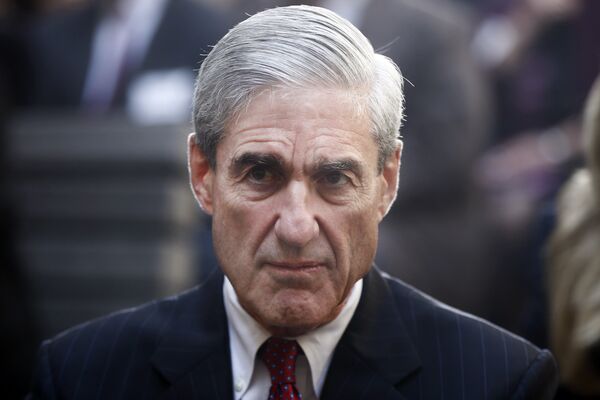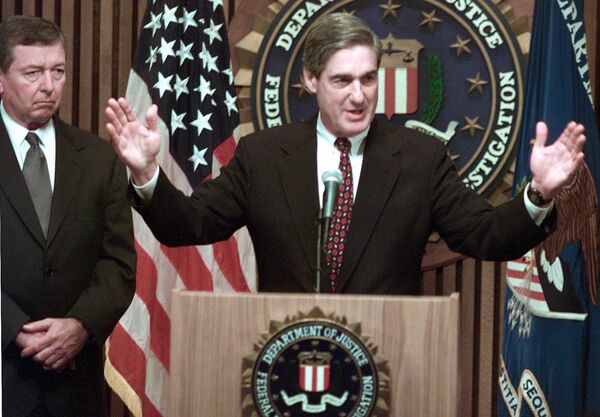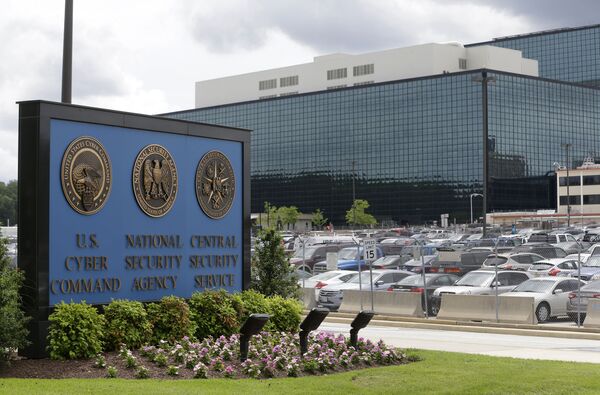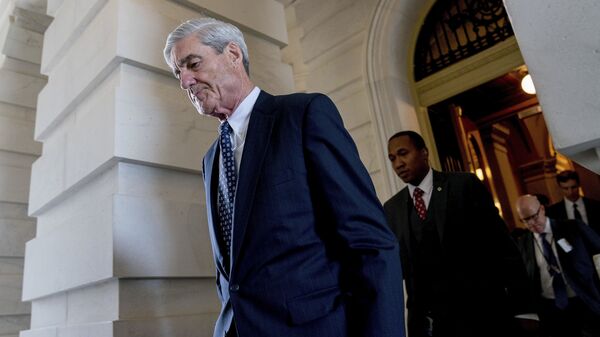Noting "any criticism or even skepticism" regarding Mueller is seen as "motivated by a desire to help Trump," Dershowitz records how Mueller was director of the FBI during "the most scandalous miscarriage of justice in the modern history" of the Bureau, in which at least four innocent people were framed by the FBI to "protect mass murdering gangsters" working as FBI informers.
Moreover, FBI agents were tipping off Bulger as to who might testify against him, so these individuals could be killed. The progress of federal efforts to catch Bulger were also leaked to the gangster, allowing him to remain at large for 16 years — despite him being the FBI's most wanted man, alongside Osama Bin Laden, and the Bureau offering up the largest reward — US$2 million — it ever offered for information assisting in the capture of a domestic fugitive.

The mainstream media has been quick to attack Dershowitz, with some invoking Politico magazine's appraisal of the man from May 2017, when he was named Special Counsel in the Trump-Russia investigation. They dubbed him America's "straightest arrow", a "respected, nonpartisan and fiercely apolitical" public servant whose only lifetime motivation has been "the search for justice."
A precursory look of his spell as FBI Director tells a very different story.
Hear No Evil
Mueller took control of the FBI one week prior to the 9/11 attacks — the phrase "cometh the hour, cometh the man" singularly didn't apply. Three days after the tragedy, the new leader claimed neither he nor his organization had any idea extremists received training at US flight schools.
"If we had understood that to be the case, we would have — perhaps one could have averted this," he said, adding another three days later, "there were no warning signs I'm aware of that would indicate this type of operation in the country."

In May the next year, long after the Act had become law, it was revealed FBI agents in several major cities had repeatedly warned Bureau headquarters about suspicious individuals hailing from the Middle East being enrolled in training programs prior to 9/11. Not long after, a House-Senate Joint Intelligence Committee concluded FBI ineptitude in the years leading up to the attacks had helped the US become an effective "sanctuary for radical terrorists."
Such revelations did nought to dent indulgence of the Bureau by Washington. Under the Patriot Act, the number of National Security Letters (NSLs) issued by the FBI rose to around 50,000 annually, a 300 percent increase.
NSLs allow the FBI to seize private records of citizens, businesses and charitable groups — records revealing where a person makes and spends money, with whom they live, how much they gamble, what they buy online, where they travel, how they invest, what they search for and read on the Web, who telephones or e-mails them at home and/or work, and somehow more. Just one NSL can hoover up thousands of individuals' private information without a warrant, and recipients are prohibited from disclosing their data has been raided.

The Spy Who Lied To Me
Mueller himself was responsible for perpetuating several major untruths during his tenure as FBI director.
For instance, Section 215 of the Patriot Act allowed the FBI to requisition business records relevant to any terrorism investigation. In 2011, Mueller told the Senate Intelligence Committee the Bureau interpreted Section 215 narrowly and rarely used it — however, the reality was the FBI viewed all US telephone records as relevant to all its investigations.

Perhaps most notoriously though, at an April 2005 Senate hearing, Democrat Barbara Mikulski asked him whether the NSA could spy on US citizens.
"I would say generally, they are not allowed to spy or to gather information on American citizens," he responded.
This answer was proven conclusively untrue a mere nine months later, when it was revealed the Bush administration had allowed the NSA to illegally wiretap hundreds of citizens, and bulk-access millions of individuals' email accounts. However, the sheer scale of the operation didn't become wholly clear until June 2013, when former NSA contractor Edward Snowden's seismic leaks exposed how indiscriminate and arbitrary the NSA's domestic spying, data collection and retention powers truly were, and how they were applied to almost ever US citizen without warrant or approval.
Given this legacy, it's perhaps unsurprising in 2011 the Electronic Freedom Foundation concluded the FBI probably committed "tens of thousands" of violations of federal law, regulations, and executive orders under Mueller's leadership.


